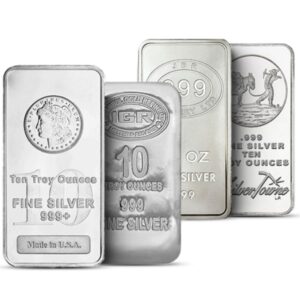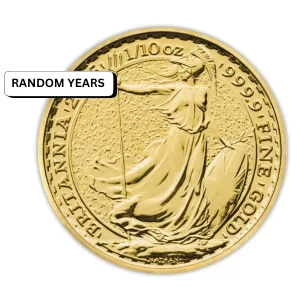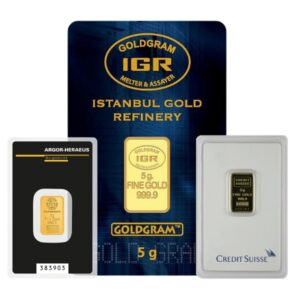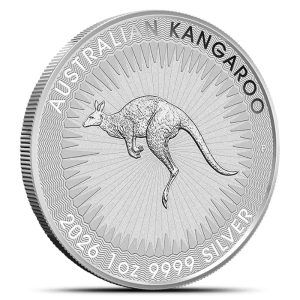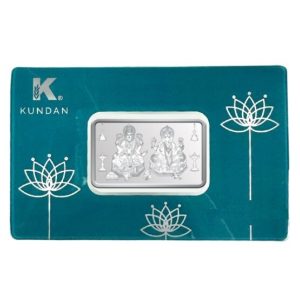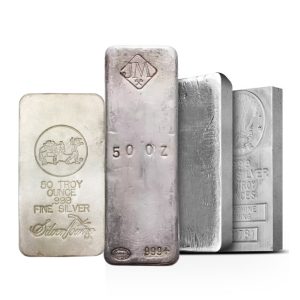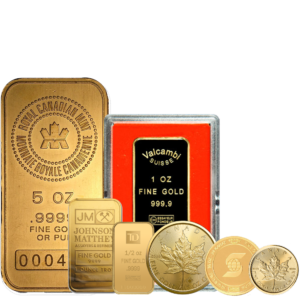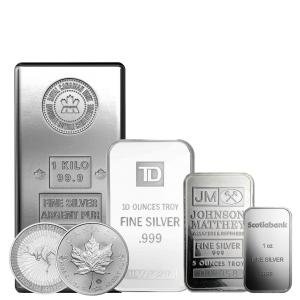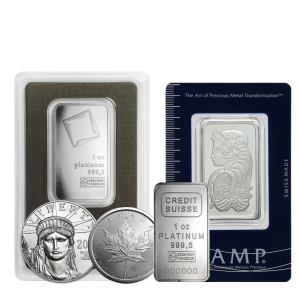When it comes to understanding the relationship between inflation and gold prices, it is important to understand the role that inflation plays in the value of gold. Inflation is a general increase in the price level of goods and services in an economy over a period of time, and it can have a significant impact on the price of gold. In this blog, we will explore the correlation between inflation and gold prices, and how it affects the gold market.
Considering the effects of inflation on gold prices, it’s important to understand the correlation between the two. Inflation, whether low or high, directly impacts gold prices. Inflation is defined as the sustained increase in the general level of prices for goods and services in an economy over a period of time. Gold prices are affected by the rate of inflation as it has a direct impact on the purchasing power of the currency, which has a direct effect on the price of gold.
When inflation rises, currency’s purchasing power decreases, leading to higher gold prices. Conversely, when inflation is low, the currency’s purchasing power increases, leading to lower gold prices. This is due to the fact that when inflation rises, people are less likely to purchase gold as a store of value, leading to an increase in the demand for gold and, therefore, an increase in its price.
Inflation also affects the supply of gold in the market. When inflation is high, the demand for gold increases and the supply of gold decreases, leading to higher prices for gold. On the other hand, when inflation is low, the demand for gold decreases, and the supply of gold increases, leading to a decrease in gold prices.
As a result, gold prices can be seen to have an inverse correlation to inflation. Therefore, when inflation increases, gold prices increase and when inflation decreases, gold prices also decrease. This can be seen in the chart below which shows the performance of gold prices in relation to inflation over the past five years.
Inflation and gold prices can be complex and variable, depending on the specific economic and market conditions. It is important for investors to consider the current economic and market conditions when making their investment decisions, as the relationship between inflation and gold prices can change quickly.
Overall, it is clear that there is a strong correlation between inflation and gold prices. As inflation increases, the demand for gold increases, and the supply of gold decreases, leading to higher gold prices. Conversely, when inflation is low, the demand for gold decreases, and the supply of gold increases, leading to lower gold prices. As a result, it is important to keep a close eye on the rate of inflation in order to be able to make accurate predictions about gold prices in the future.
It is essential to comprehend the role that inflation plays in the value of gold. Inflation, as a general rise in the price level of goods and services in an economy over a period of time, can have an immense impact on the price of gold. In this blog, we can analyze the correlation between inflation and gold prices, and how it affects the gold market. It is evident that inflation, whether low or high, directly affects gold prices as it decreases the purchasing power of the currency, thus leading to an increase in the price of gold. Conclusively, the relationship between inflation and gold prices is a complex one and thus needs to be further explored in order to assess the impact of inflation on gold prices.
 Hi,
Hi,

